Student: Valeska Tan
University: National University of Singapore
Coutnry: Singapore
Paediatric patients often feel perioperative anxiety during first experiences with elective surgery. With limited stopgaps such as verbal reassurance and general dismissal of psychosocial wellbeing in hospitals, lack of preparation and unfamiliar environments leave patients helpless and distressed. Patients aged 4-9 and parents are vulnerable to resultant trauma, exacerbating pain and hampering medical compliance.
To understand their overall journeys and pain-points, I conducted interviews with past patients, parents and medical experts. Through collaborating with child life services from two paediatric hospitals, both comprising small teams of two to five therapists who provide behavioural care to distressed patients pre-operation, I also did field observations in paediatric wards.



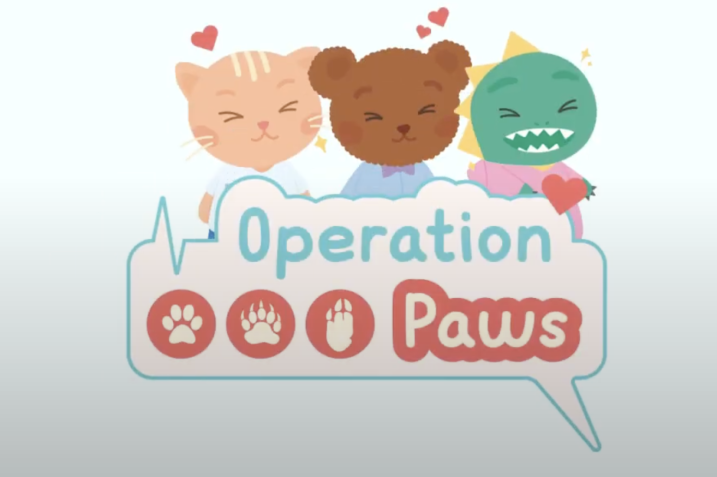
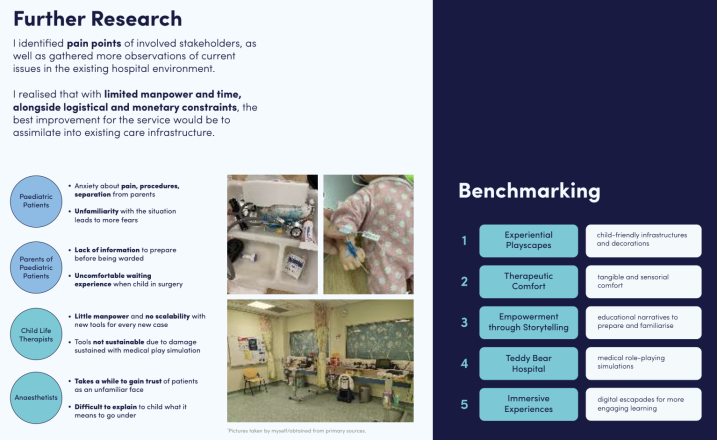
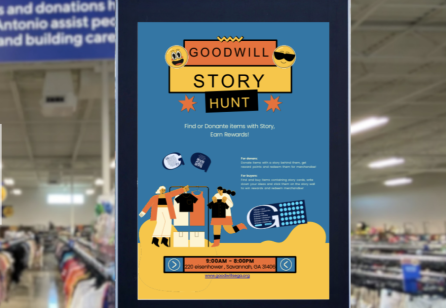
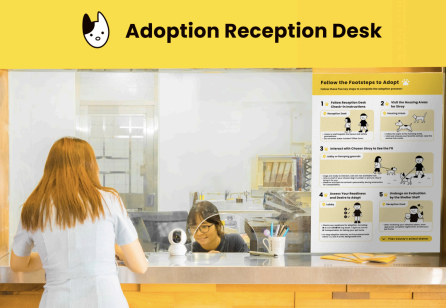
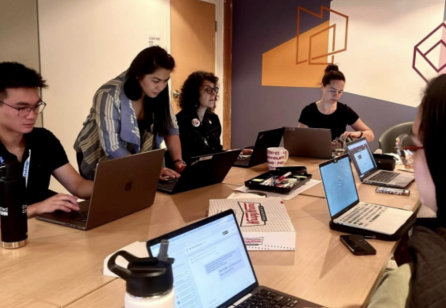
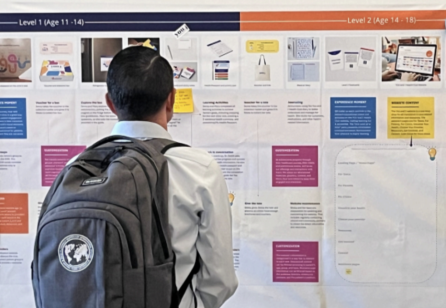

Share your thoughts
0 RepliesPlease login to comment